How To Reduce Inflammation In The Body Fast
.png?v=1670501299606)
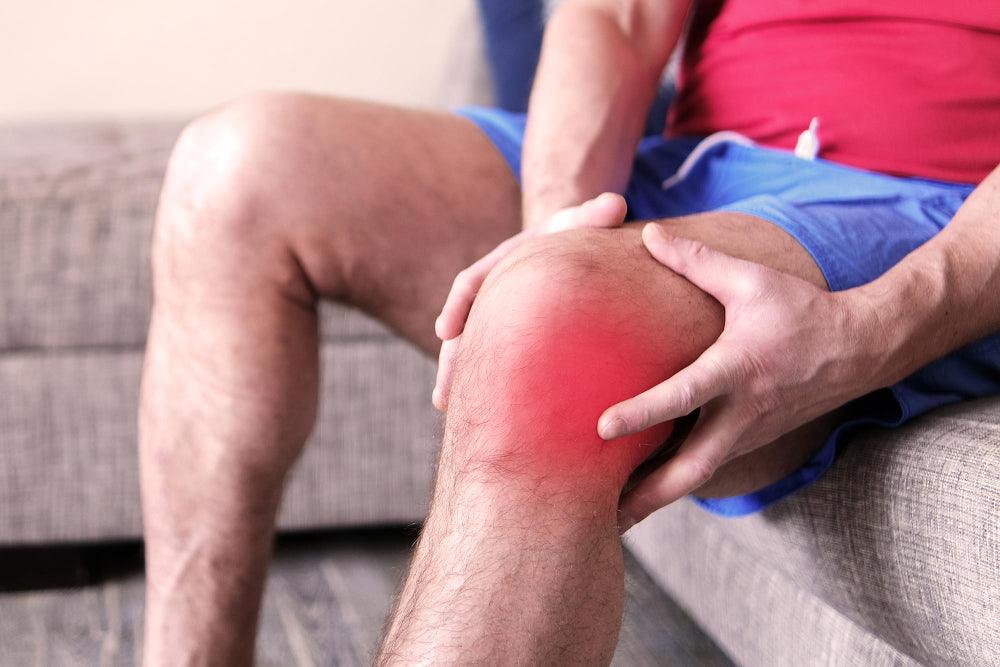
Related products
What’s covered?
How To Reduce Inflammation In The Body Fast
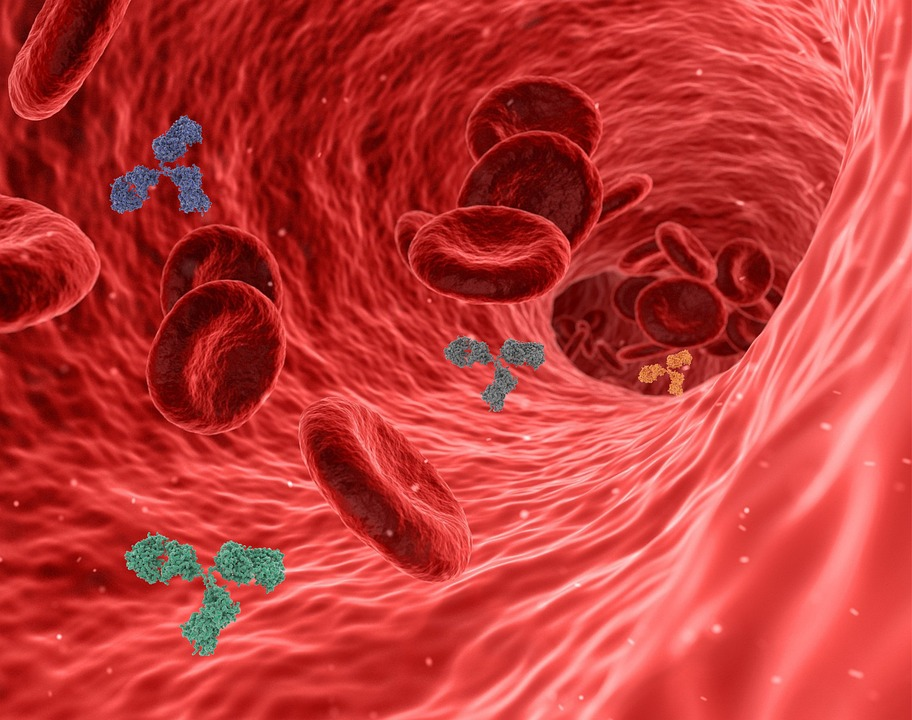
Although inflammation is a protective mechanism of the body, chronic inflammation can often be detrimental to health. Prolonged and untreated inflammation in the body can result in several chronic health problems. The last few decades have seen a steady rise in mortality due to chronic disorders such as cardiovascular diseases, diabetes, kidney diseases, autoimmune diseases, and cancer. The alarming ill effects of chronic inflammation are often asymptomatic and therefore easily missed, until it's too late. Understanding your body's inflammatory mechanism and being aware of the do's and don'ts, when it comes to reducing chronic inflammation has never been more important.
What is Inflammation?
Inflammation is the body's natural defence mechanism against infection and injury. You might have seen redness or mild swelling on your body at some point in your life. It may usually occur after an injury, an insect bite, or even after an episode of fever. This is your body responding to foreign objects or germs in your body.
The Mechanism
An injury or infection awakens your immune cells. Chemical immune mediators reach the affected area and result in the dilation of the blood vessels. This causes an increase in the blood flow to the affected site encouraging the process of healing. This results in redness and flare reactions on your skin. It also helps immune cells easily reach the injured or infected area of your body and fight off the germs with the help of phagocytosis. There is also fluid build-up that may result in swelling. Mucous glands release excess mucous during an episode of inflammation or allergy, which often manifests in the form of a stuffy nose.
Types of inflammation
Inflammation may be broadly classified into two categories:

Acute inflammation
Acute Inflammation is the immediate response of the body to an injury or foreign germ. Usually lasting for a few days, acute inflammation manifests itself in the form of redness, swelling, and pain.
Symptoms of Acute Inflammation
- Redness
- Swelling
- Pain
- Increased temperature
- Loss of function
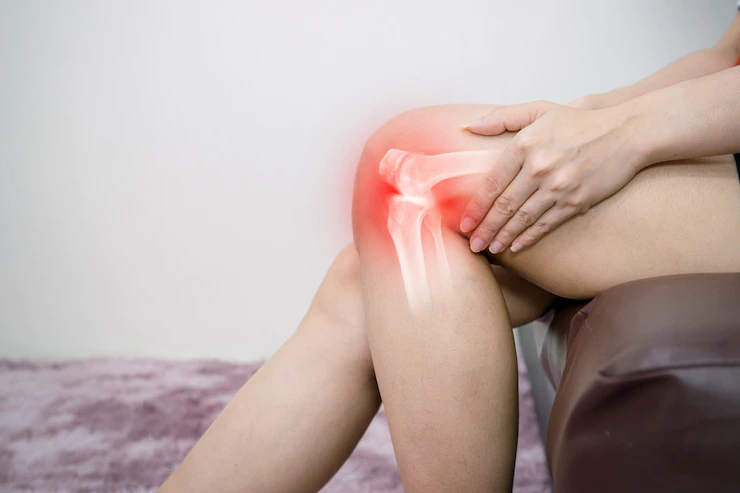
Chronic Inflammation
As the term suggests, chronic inflammation may last for months to years. This type of inflammation often negatively affects your body and ultimately results in tissue damage. Disorders like Diabetes, Rheumatoid Arthritis, and Cancer are some of the consequences of chronic inflammation
Symptoms of Chronic Inflammation
Chronic inflammation is often asymptomatic and may be easily missed until you reach a later stage of the disease. It often causes tissue damage and health disorders rather than healing. Some of the symptoms associated with chronic inflammation include:
- Chest pain
- Abdominal pain
- Joint pain
- Fatigue
What causes Chronic Inflammation?
Unhealthy environments, unhealthy lifestyles, detrimental habits, and certain biological factors are responsible for the sustained inflammation that leads to more harm than a solution to the body.
Some of the specific causes of chronic inflammation include:
Lifestyle factors
- Excessive smoking and alcohol consumption.
- Chronic stress
- Lack of adequate sleep
- Sedentary lifestyle or lack of regular physical exercise
- Highly intensive workouts that might be too hard on your body
Dietary Factors
Indulging in foods containing unhealthy fats such as trans fats, processed food, excessive sugar, and refined carbohydrates is also responsible for the cascade of chronic inflammation in the body.
Infection and Disease Factors
Untreated injury, long-term infections, and autoimmune disorders are some of the causes of chronic inflammation in the body.
Environmental Factors
Exposure to toxic chemicals, carcinogens, and poor air quality are considered to be major causes of inflammation among persons of all types of populations.
The impact of chronic inflammation on the body
Chronic inflammation over time negatively affects the tissue and organs in your body. It also affects the metabolic processes in your body at a cellular level, even affecting the immune system. You are now more susceptible to several diseases and health disorders. Chronic inflammation is known to have an initial asymptomatic prognosis and is therefore often undetected at its earlier stage. At a later phase, you may sometimes feel symptoms of tiredness, discomfort, and chronic pain. Before you realize it, your body is already in for chronic health disorders like diabetes mellitus, cardiovascular diseases, autoimmune disorders, and cancers.
Diagnosis
Although it is easy for chronic inflammation to easily progress without being detected in your body, few markers help to diagnose chronic inflammation in your body. Your doctor may perform one or more of the following blood tests that are markers for inflammation
- Highly sensitive C-reactive protein (hs-CRP) test that helps detect inflammation in your body. Even low-grade, systemic chronic inflammation can be detected by a CRP test.
- Homocysteine test: Homocysteine levels in your blood help to detect chronic detect inflammation.
- Tumour Necrosis Factor-alpha (TNF-α) and Interleukin-6(IL-6) are two other markers that help in the diagnosis of inflammation in the body.
Since chronic inflammation does not show any signs and symptoms, a health and lifestyle blood test that includes inflammation markers will help in the diagnosis. It is recommended that you undergo a blood test screening once every six months or a year to detect chronic inflammation at an early stage.
How to reduce inflammation in the body fast
Fortunately, there are several ways to help reduce inflammation in your body. Managing chronic inflammation implies making healthier choices in your lifestyle, diet, and habits. Making the change to an anti-inflammatory diet and lifestyle is not that tough, but certainly requires consistency. And the best part is, these changes would also help to reduce your cholesterol levels, hypertension, and many other health disorders.
Lifestyle ChangesIndulging in regular physical activity is vital to reduce sustained inflammation in the body. Regularly exercising for at least 20mins for three to five days a week can certainly help to reduce inflammation.
Being sleep deprived is another cause for increased levels of inflammation in the body. Adequate sleep of seven to nine hours is also necessary to keep inflammation at bay.
Stress is another factor that's responsible for sustained inflammation in your body. Most people today, whether young or old, suffer from chronic stress that further worsens the inflammation in their bodies. Reducing stress levels can significantly lower inflammation in your body. Relaxation exercises such as breathing exercises, yoga, and meditation can help to keep stress at an optimum level.
Habit changesSmoking and drinking alcohol are two major causes of increased inflammation in the body. It is best to quit smoking and limit your alcohol intake. Some studies suggest that drinking red wine in moderate amounts may help to lower your risk of chronic inflammation. However, you don't need to start drinking red wine for its supposed benefits in decreasing inflammation.
Dietary changesYour diet can either make or break your health. You need to be careful and choose what goes into your tummy. There are both anti-inflammatory and inflammation-causing food items. Having certain anti-inflammatory food items can certainly help to quickly reduce inflammation.
The correct proportion of carbohydrates, fiber, fats, proteins, minerals, and vitamins is important in maintaining good health and preventing inflammation.
CarbohydratesA low-carb diet is considered to be a better option. Eating whole grains, brown rice and oatmeal can help to limit inflammatory processes in your body.

Increasing your fiber intake by consuming adequate vegetables and fruits can further help to reduce inflammation in your body. Wholegrains, nuts, berries, potatoes (with skin), and popcorn are other examples of anti-inflammatory properties.
ProteinsGetting your proteins from fish, whole grains, nuts, and vegetables like beans is a great idea. Sardines, salmon, and mackerel are some of the fishes known for their anti-inflammatory properties and can also help to improve your cholesterol levels. They are better alternatives to red meat that are high in unhealthy fats.
Know your fatsConsuming healthy fats is vital to maintaining low levels of inflammation. Monounsaturated and polyunsaturated fats are considered good for your health and can also help reduce inflammation. Olive oil and avocados are examples of monosaturated fats that help to lower inflammation in your body. They are also known to reduce blood sugar, hypertension, and high cholesterol levels.
Omega Fatty AcidsOmega -6 and Omega-3 fatty acids are two types of polyunsaturated acids that are essential for your body. When consumed in the right proportion, i.e., you must never consume more amounts of omega-6 fatty acid as compared to omega-3 in your diet. This kind of balance in the omega fatty acids in your diet will help to reduce inflammation in your body. Also, known as essential fatty acids, omega fatty acids are present in plant-based oils, nuts seeds, and fishes like tuna, salmon, and mackerel.
You may want to limit saturated fats in your diet. Some kinds of saturated fats are known to increase inflammation and should therefore be consumed in limited amounts. Red meat and dairy products are examples of saturated fats that you want to consume in moderation.
It is recommended that you avoid trans fats that are often present in processed food items, baked products, and fried fast-food items.
Vitamins and mineralsFruits and vegetables are the best solutions to quickly act on your chronic inflammation. The more fruits and vegetables you consume, the better your health. Antioxidants rich in certain fruits like guavas, strawberries, and leafy greens like kale and spinach are great in fighting against inflammation.
Herbs and spices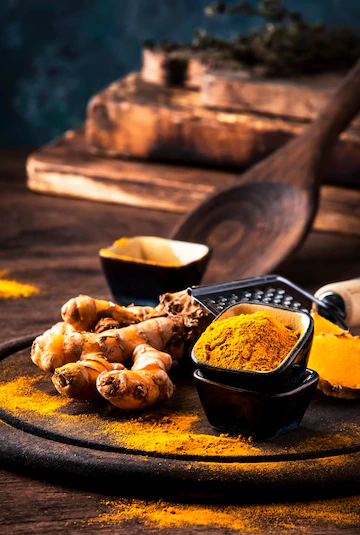
Studies have shown that certain spices and herbs like turmeric, ginger, sage, cumin, cloves, garlic, and rosemary are high in anti-inflammatory properties, and consuming them can help to lower chronic inflammation
Medications and SupplementsIt is always a great idea to consult your doctor for the problems caused by high levels of inflammation in your body. Your doctor may prescribe certain NSAIDs like aspirin or ibuprofen to act against the increased inflammation in your body.
Corticosteroids may be prescribed for chronic inflammation in the case of Rheumatoid arthritis.
SupplementsVitamin A, B, and D supplements further help to fight against inflammation. Fish oil and zinc supplements are often prescribed for persons suffering from chronic inflammation. If you are not able to add herbs or spices to your diet, you may consider taking turmeric or garlic supplements.
Takeaway
Increased inflammation has been taking a toll on the health of many individuals in today's fast-paced yet sedentary lifestyle. But the good news is, you can fight off inflammation by making certain changes in your diet and lifestyle. The benefits of this are much more than just reduced levels of inflammation, it would also improve your overall health and prevent you from acquiring many chronic health disorders. The key is to avoid inflammatory foods and increase the consumption of anti-inflammatory foods, in addition to a healthy lifestyle.
Check out the Health and Lifestyle Blood Test Kit to help assess any problems that might be causing inflammation.



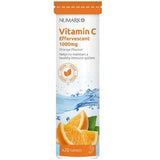
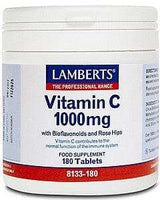
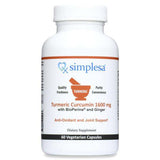









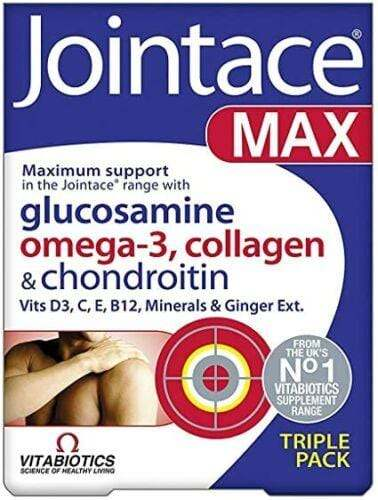
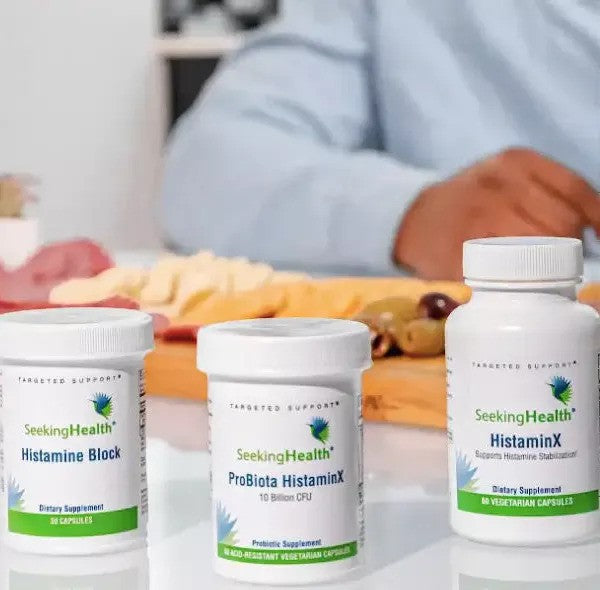


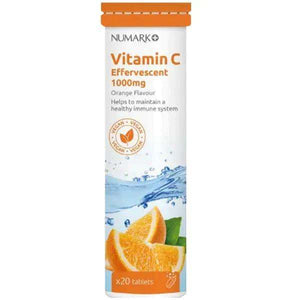
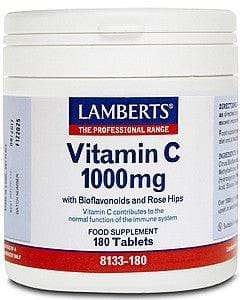
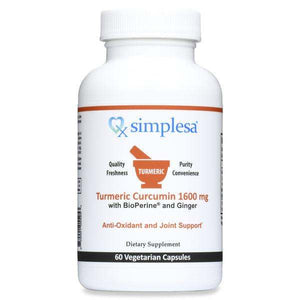















 Rated Excellent by 26,523+ Reviews
Rated Excellent by 26,523+ Reviews